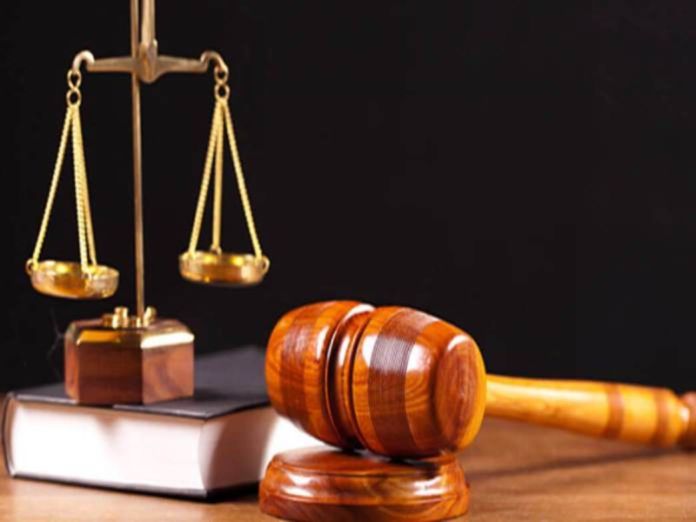By Yankuba Jallow
Lawyers Neneh MC Cham, Gaye Sowe and Salieu Taal have on Tuesday informed the apex court that they want to make submissions in the case of former AFPRC Minister Yankuba Touray in order to help the court to arrive at a decision.
‘Amicus curiae’ is a Latin term meaning friend of the court. A Counsel who assists the court by advancing arguments in support of an interest that might not be adequately represented by the parties to the proceedings (such as the public interest).
Justice Hassan B. Jallow, the Chief Justice of The Gambia asked them to make their application and attached their brief of argument.
Justice Jallow also ordered State Lawyers Abdul Maita Yusuf and Kimbeng T. Tah and Defence Lawyer Abdoulie Sisohor for Yankuba Touray to also file their briefs within seven days when they find it necessary.
The case was adjourned to 2nd December 2020 for mention and 4th December for hearing.
The Justices of the Supreme Court were Justice HB Jallow, Awa Bah, M.M. Sey, Raymond Sock and Idrissa Fafa Mba’i.
Retired Captain Yankuba Touray is an erstwhile member of the defunct Armed Forces Provisional Ruling Council and is facing a single count of murder before the Banjul High Court. He is charged with the murder of Ousman Koro Ceesay, a one-time Minister of Finance under the reign of the military in 1995. The murder is said to have taken place at his residence in Kololi. He pleaded his constitutional immunity, but the high court entered a plea of not-guilt for him and the case commenced in earnest.
The prosecution called nine witnesses in the case after which the prosecution’s case was closed. Yanks Touray, as he is fondly known, called two witnesses in his defense and he was the third defense witness. He began testifying before his lawyer Sisohor raised the issue of jurisdiction saying the Constitution lacks the power to try him.
Lawyer Sisohor said the murder charge the ex-Minister of Local Government and Lands, Mr Touray is facing was illegal and contrary to the 1997 Constitution. He argued that the powers of the high court to try retired Captain Yankuba Touray has been taken away by the 1997 Constitution which accords him (Mr Touray) and all members of the redundant AFPRC government including ministers immunity from legal proceedings, whether civil or criminal.
He asked the high court to enforce his supposed constitutional immunity, but the trial Judge said that will require interpretation and the matter was referred to the Supreme Court for interpretation and enforcement.
Lawyer Sisohor argued that section 13 (1) and (5) of Schedule 2 of the 1997 Constitution accords Yankuba Touray immunity from civil and criminal proceedings of his actions or omissions between 1994 and 1996.
Section 13 (1) of Schedule Two of the 1997 Constitution provides “No member of the Armed Forces Provisional Ruling Council, any person appointed minister by the Armed Forces Provisional Ruling council or other appointees of the Armed Forces Provisional Ruling Council shall be held liable or answerable before a Court or authority or under this Constitution or any other law, either jointly or severally, for an act or omission in the performance of his or her official duties.”
Section 13 (5) of the same schedule of the Constitution provides “It shall not be lawful for any court or tribunal to entertain an action instituted in respect of an act or omission against a person acting or omitting to act on the instructions or authority of the Armed Forces Provisional Ruling Council, or a member thereof, and alleged to be in contravention of any law whether substantive or procedural, in existence before or during the administration of the Armed Forces Provisional Ruling Council.”
“I humbly submit that it [the application] is not about interpretation but enforcement of the right of the accused [Yankuba Touray] not to be prosecuted,” he said.
He added: “By virtue of these sections [13 (1) and (3) of Schedule Two of the 1997 Constitution], the powers of this honourable court are ousted to try the accused person.

















